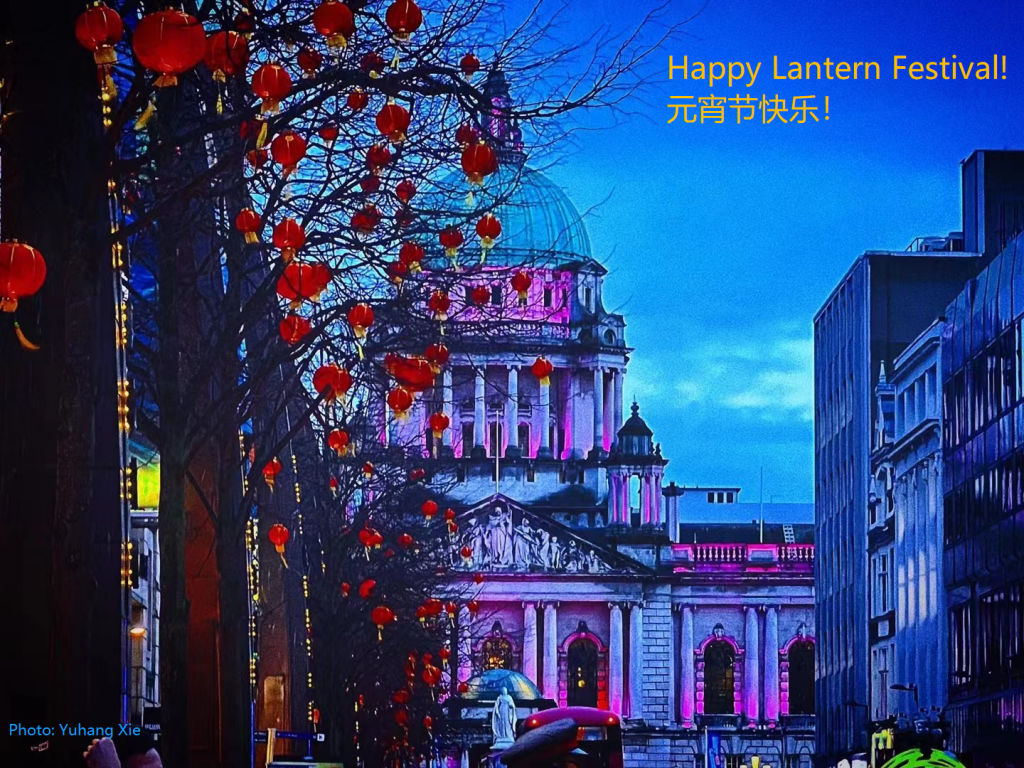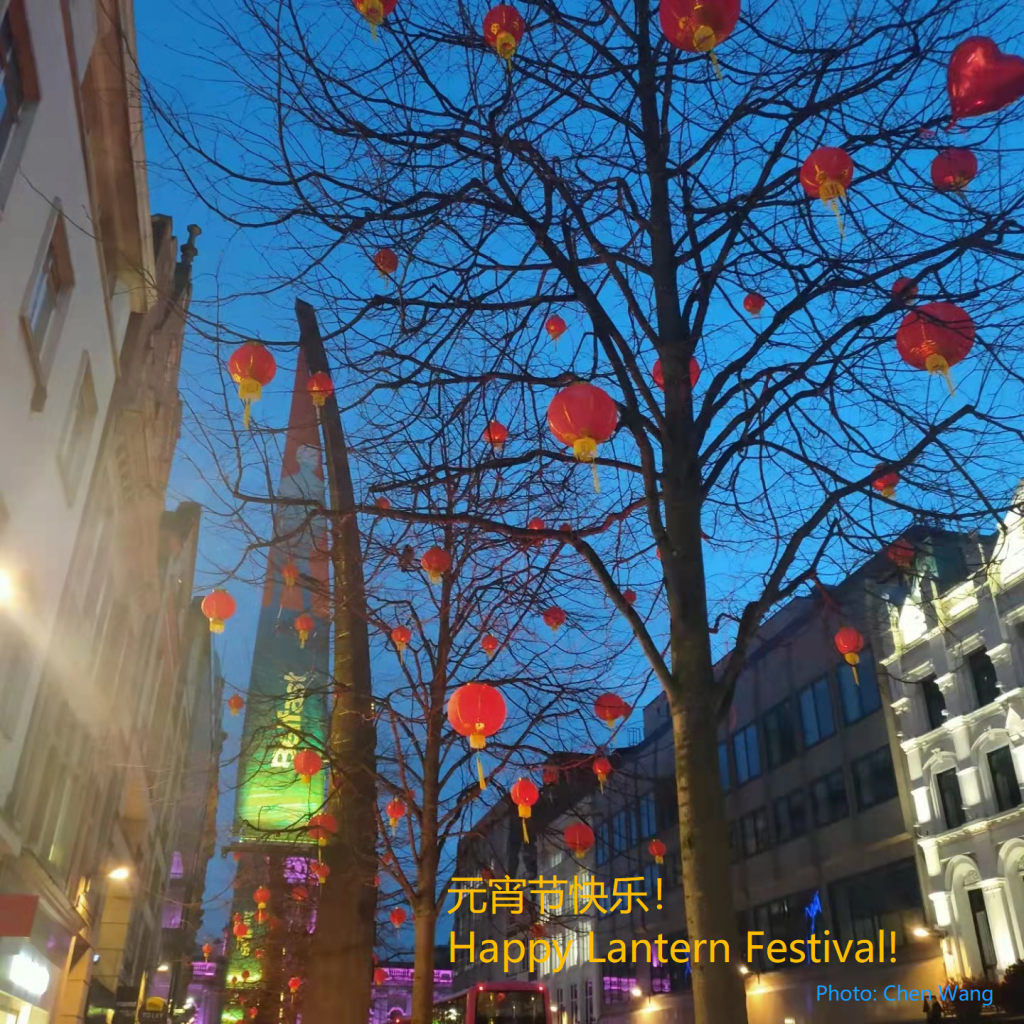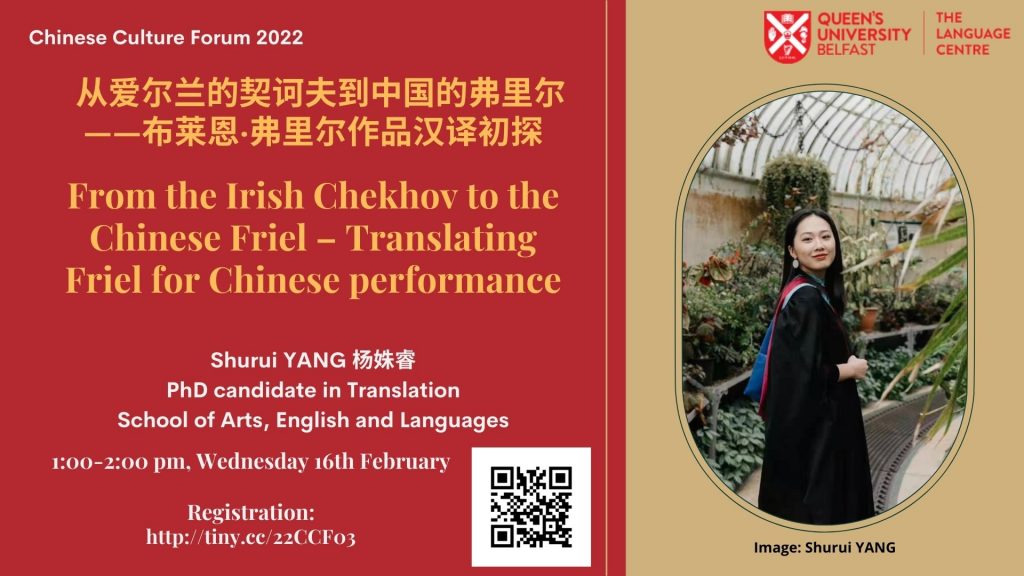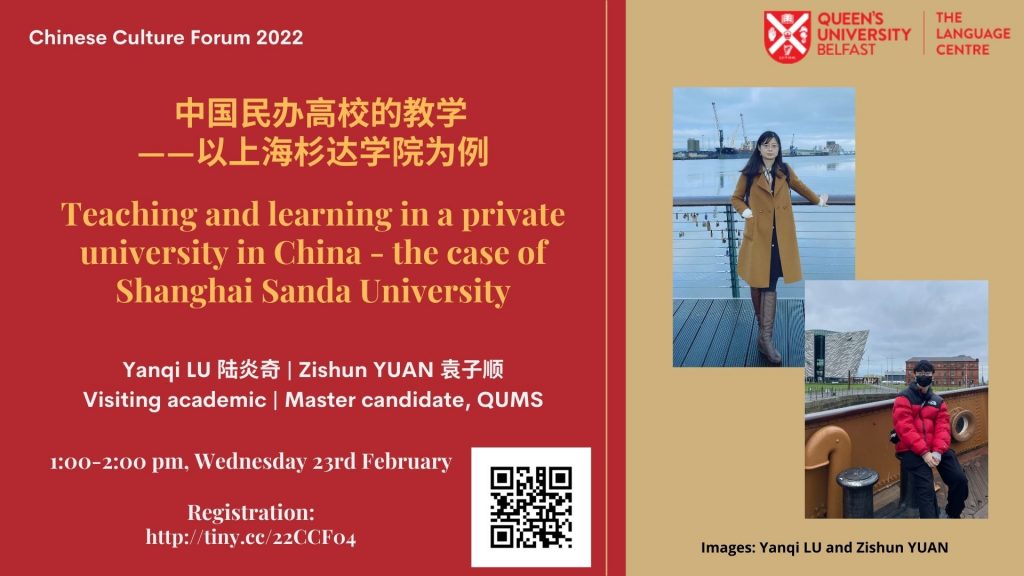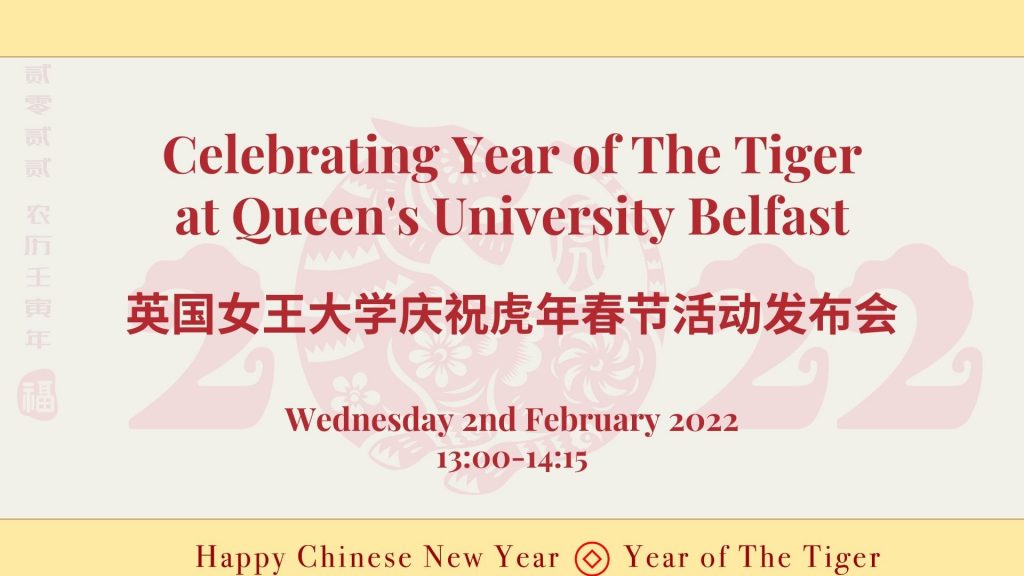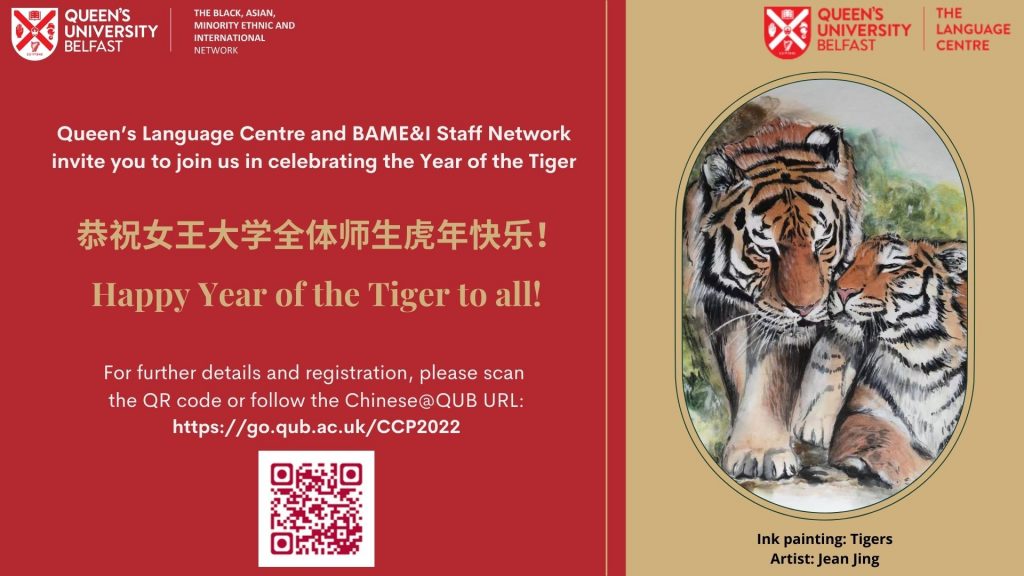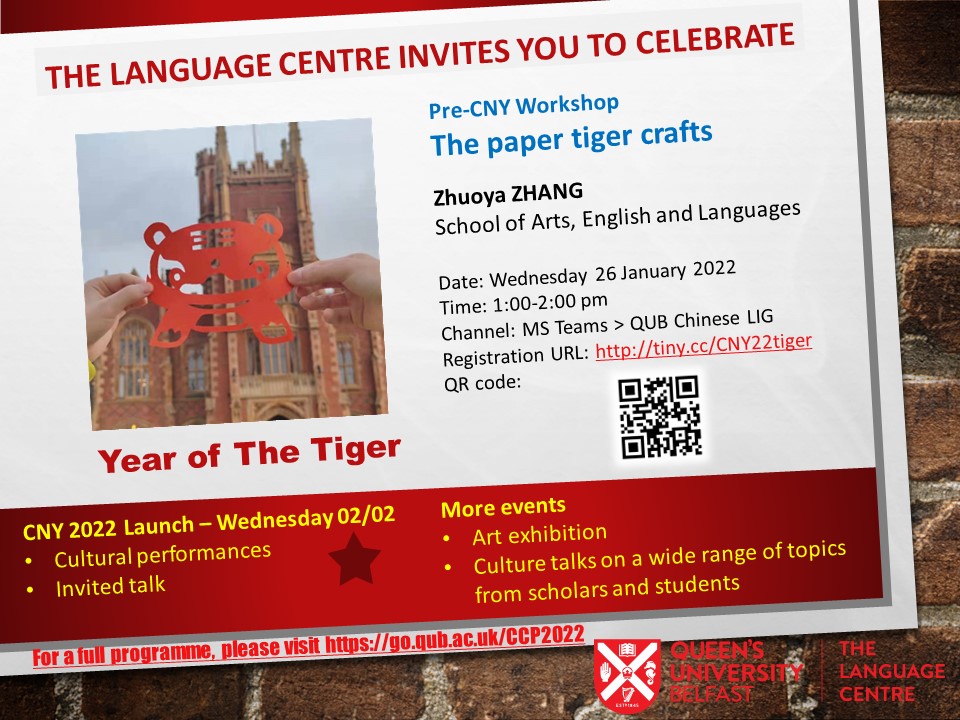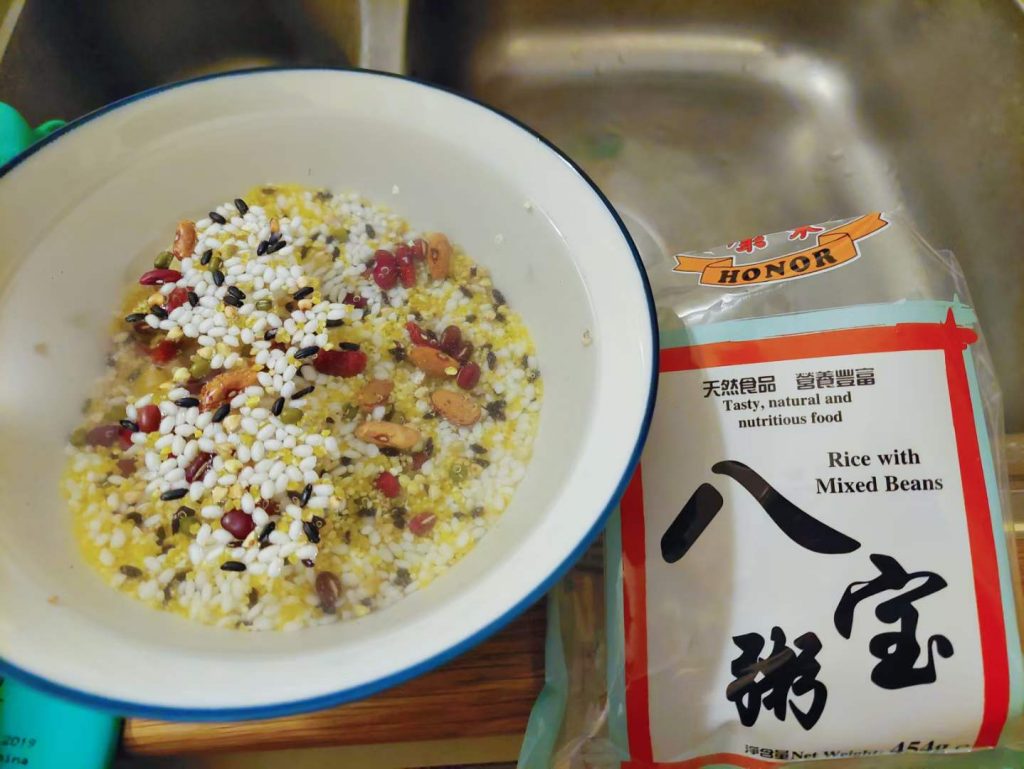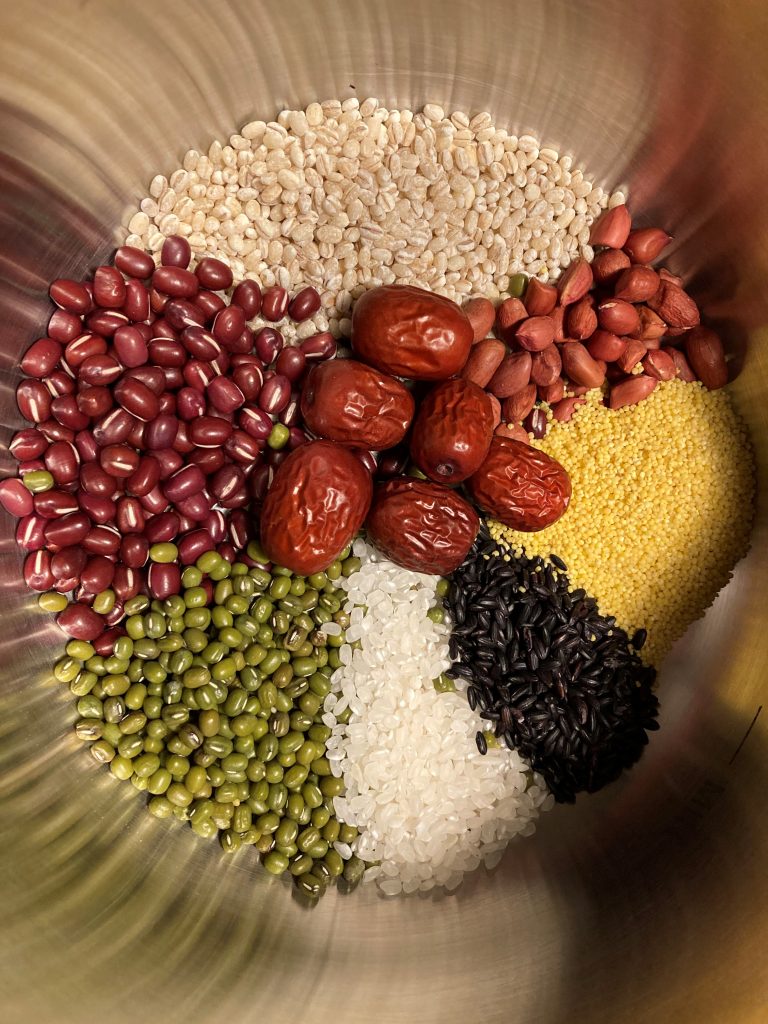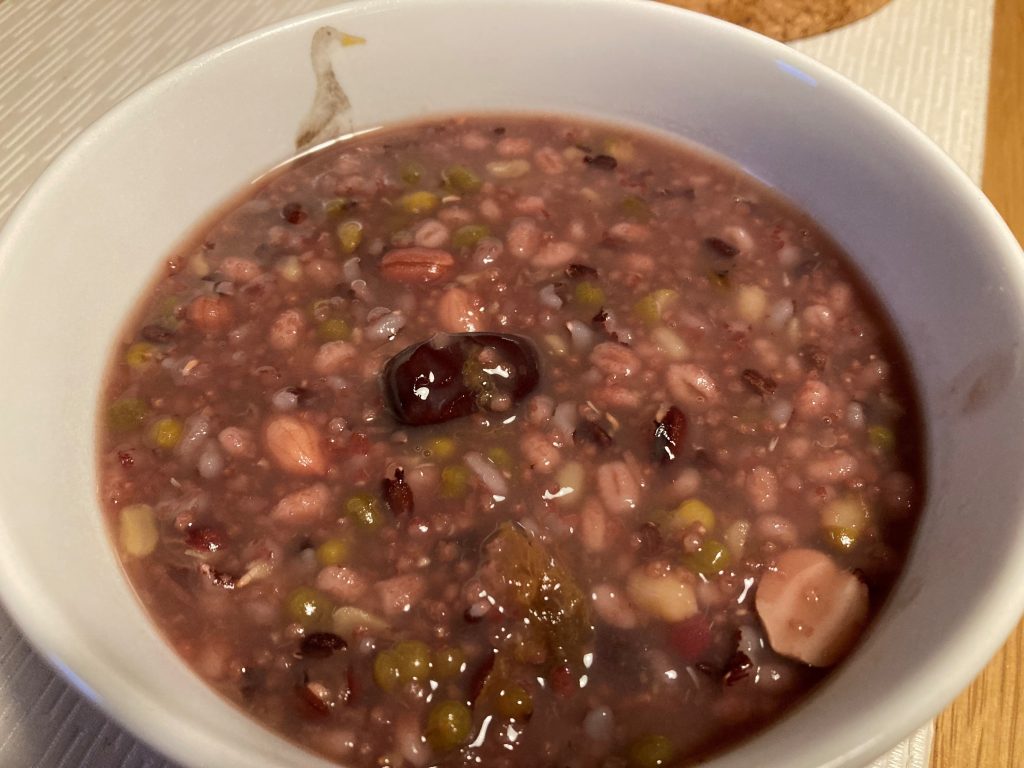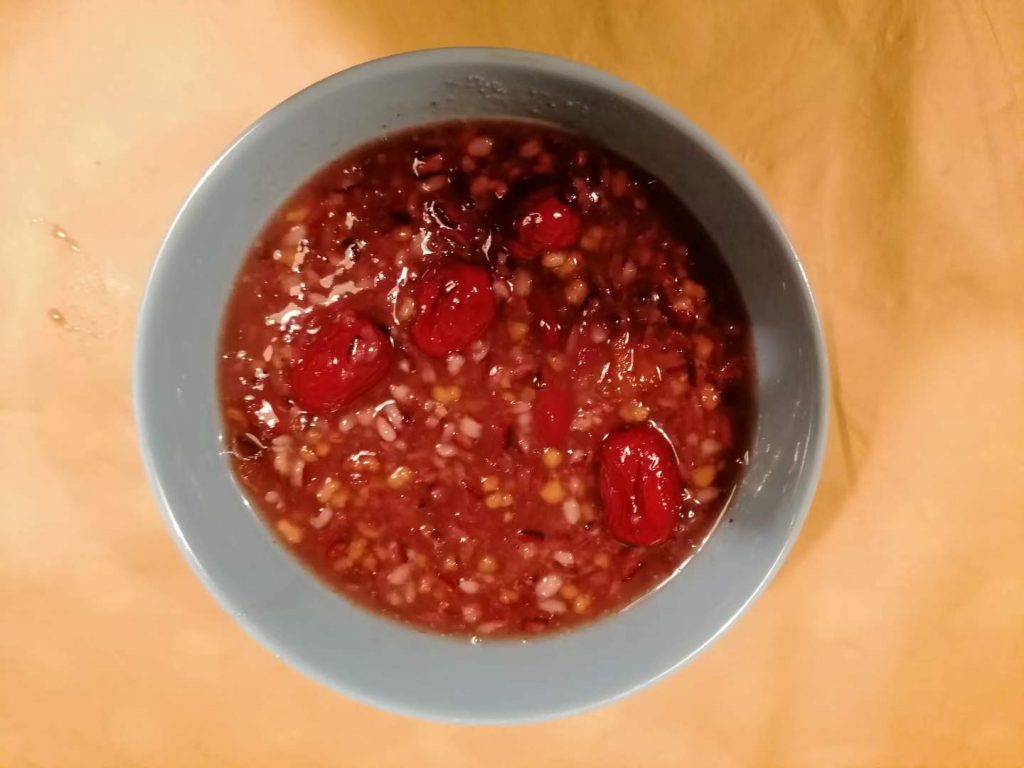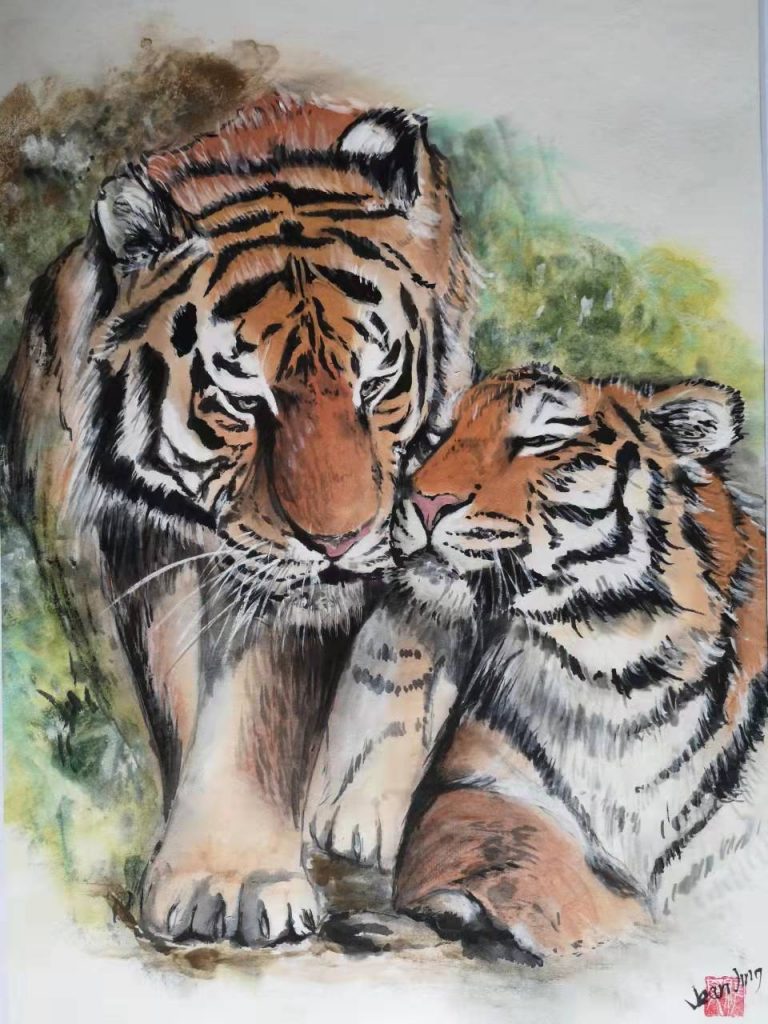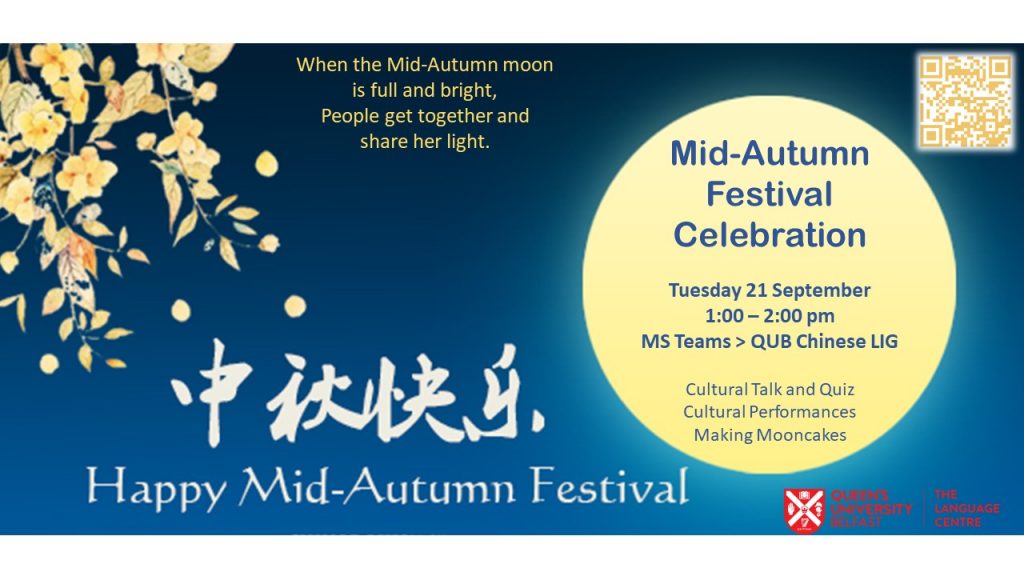What’s Longtaitou Festival?
The traditional Chinese Longtaitou (龙抬头 Lóng tái tóu) Festival, or Dragon-Head-Raising Festival, falls on the second day of the second lunar month every year, and recognises the start of spring and farming. This year it falls on 4th March.
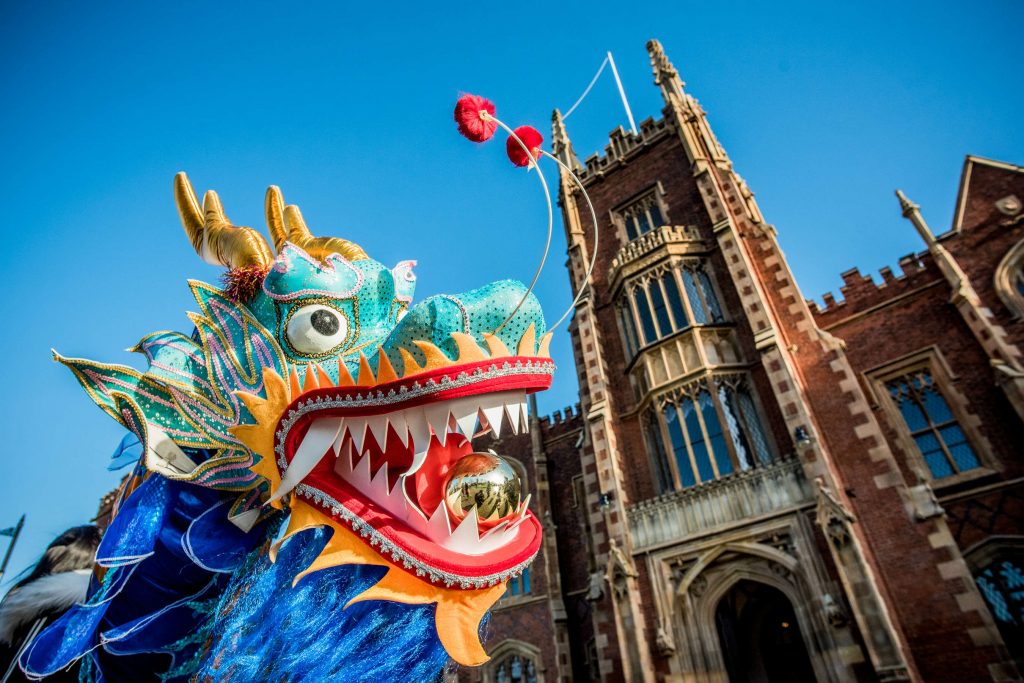
In Chinese mythology, 龙 (Chinese dragon or coined as Loong), with its connotations for good luck and supreme power, is also the god managing weather and water, bring rainfalls for crops to grow and harvest. So this Longtaitou Festival is mainly about praying for good weather in spring with good rainfalls, the key time for plowing the fields.
Learning Chinese language and culture at Queen’s
3rd Semester Language Course Registration is open and closes promptly at 17:00 on Thursday 21 April 2022. Classes are expected to be extremely popular and fill up quickly, so early registration is strongly recommended.
To register with a Mandarin Chinese course, please follow the course information page for more information with links to registrations.


